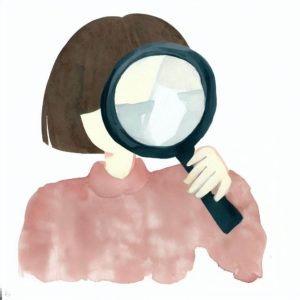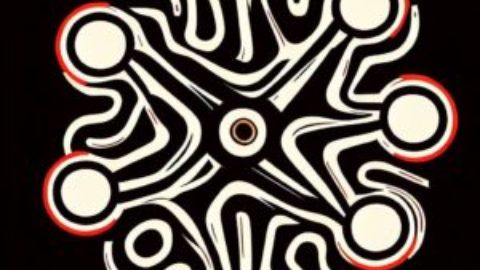
Self-deception, a curious yet intriguing aspect of human psychology, has long captivated the attention of experts in the field. It is a complex phenomenon where individuals deceive themselves, consciously or unconsciously, to protect their sense of well-being or to cope with difficult realities. In this article, we embark on a journey to explore the noble art of self-deception and unravel its significance in our lives.
Self-deception often begins as a defense mechanism, shielding us from harsh truths or uncomfortable emotions. Just as a person might put on a brave face during challenging times, our minds have the capacity to create a similar façade, shielding us from the full weight of reality. It is a delicate balance between preserving our mental equilibrium and avoiding the potential turmoil that accompanies confronting harsh truths.
One might question the ethics of self-deception, wondering whether it is an act of dishonesty or a necessary tool for self-preservation. The truth is, self-deception can serve as both a blessing and a curse. On one hand, it can provide temporary relief, granting us respite from overwhelming emotions. On the other hand, excessive self-deception can hinder personal growth and prevent us from addressing underlying issues.
Imagine standing in front of a mirror, observing your reflection. Sometimes, that smile you see isn’t just a reflection of the external world; it’s also an expression of your inner strength, a result of self-deception. However, it is essential to recognize that self-deception is not a long-term solution. It is merely a temporary salve that might shield us from discomfort in the moment but can hinder our overall personal development.

Self-awareness plays a pivotal role in navigating the delicate territory of self-deception. Developing an understanding of our own thoughts, biases, and emotional patterns enables us to discern when we might be veering into the realm of self-deception. By honing our introspective skills, we become better equipped to strike a balance between maintaining our mental well-being and facing the truths that require our attention.
Recognizing the noble art of self-deception also grants us a greater appreciation for the complexity of the human mind. Our ability to deceive ourselves demonstrates the remarkable power our minds possess, enabling us to shape our perceptions and experiences. It is a testament to the inherent creativity of the human psyche, allowing us to construct narratives that align with our desires or ideals.
However, we must remain vigilant and cautious in our approach to self-deception. Embracing the art of self-deception without critical reflection can lead us astray, perpetuating harmful beliefs or behaviors. It is essential to strike a delicate balance between acknowledging our emotional needs and fostering personal growth through self-awareness and introspection.
In conclusion, the noble art of self-deception unveils the intricate interplay between our minds and our realities. It serves as a mechanism for self-preservation, protecting our mental well-being during challenging times. However, it is crucial to approach self-deception with mindfulness and self-awareness, ensuring that it does not hinder our personal growth. By understanding this delicate balance, we can embrace the power of our minds while navigating the complexities of our human experience.







